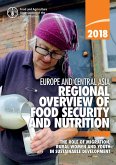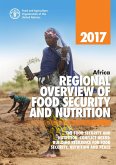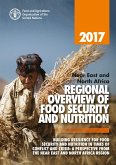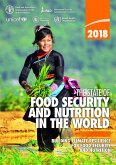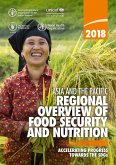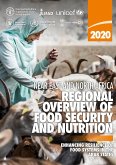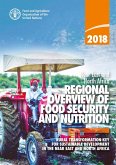The deterioration of the food security situation and the lack of progress towards the WHO global nutrition targets makes it imperative for countries to step up their efforts, if they are to achieve a world without hunger and malnutrition by 2030. The need for greater efforts also emerges clearly from the findings of the inaugural biennial review of progress in implementing the goals of the Malabo Declaration. In addition to specific food security and nutrition policies, this year's report reviews four important cross-cutting topics, namely, youth employment, remittances, intraregional trade, and climate change. It highlights their interplay with the food system and their role in food security and nutrition.
The thematic part of the report presents an evidencebased assessment of the threat posed by more frequent occurrences of climate extremes and rising climate variability to food security and nutrition in the region. Climate change in combination with poor development planning, poverty and environmental degradation increases the risk of a climate event becoming a disaster. A collective approach that combines climate change adaptation with disaster resilient development is an opportunity to address climate and disaster risks within the context of broader development goals.
Dieser Download kann aus rechtlichen Gründen nur mit Rechnungsadresse in A, B, CY, CZ, D, DK, EW, E, FIN, F, GR, H, IRL, I, LT, L, LR, M, NL, PL, P, R, S, SLO, SK ausgeliefert werden.



